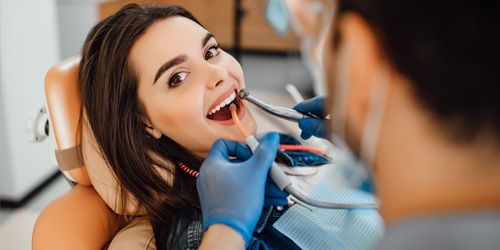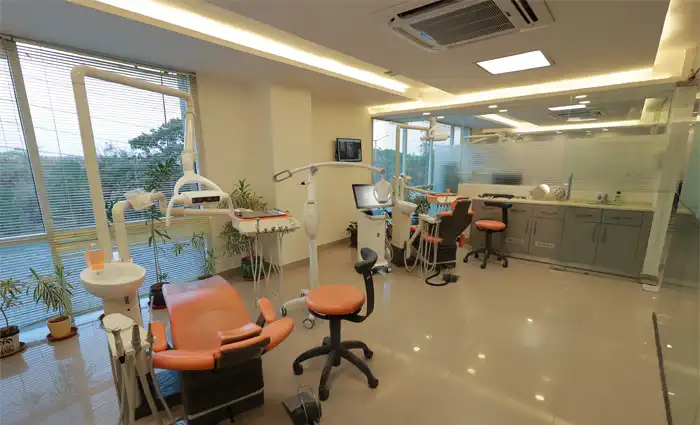Upper jaw full arch implants involve the placement of multiple dental implants in the upper jaw to support a full set of prosthetic teeth. Unlike individual tooth implants, full arch systems utilize fewer implants to anchor an entire dental arch. Common configurations include “All-on-4” or “All-on-6,” referring to the number of implants used to secure the prosthesis.
Who Should Get These Implants?
Upper jaw full arch implants are ideal for individuals who:
– Have lost all or most of their upper teeth.
– Experience significant difficulties with traditional dentures, such as instability or discomfort.
– Have sufficient bone density in the upper jaw or can undergo procedures like bone grafting or sinus lifts if required.
– Seek a long-term, durable solution to edentulism with improved functionality and aesthetics.
What Is the Procedure for Upper Jaw Full Arch Implants?
A comprehensive examination, including digital imaging (X-rays, CT scans), is conducted to assess bone density and anatomical structure. A personalized treatment plan is developed based on the patient’s specific dental health needs and aesthetic goals.
The surgery is performed under local anesthesia or sedation to ensure patient comfort, and the implants are strategically placed in areas with optimal bone density. In cases of insufficient bone volume, procedures such as bone grafting or sinus lifts may be necessary. A healing period of several months allows the implants to integrate with the jawbone (osseointegration), providing a robust foundation for the prosthetic teeth. Temporary prosthetic teeth may be provided during this period to maintain function and aesthetics.
After successful osseointegration, detailed impressions of the mouth are taken to fabricate the final prosthesis. The custom-made prosthetic arch is securely affixed to the implants, restoring full masticatory function and a natural-looking smile.
What Are the Benefits of Upper Jaw Full Arach Dental Implants?
- Full arch implants offer unparalleled stability and a secure fit, eliminating issues of slippage and discomfort associated with traditional dentures.
- They restore the ability to chew and speak normally, significantly enhancing overall functionality.
- Dental implants stimulate the jawbone, preventing bone resorption that typically follows tooth loss and preserving facial structure.
- Prosthetic teeth are meticulously designed to mimic the appearance and feel of natural teeth, greatly enhancing the patient’s smile and facial aesthetics.
- With proper care, full arch implants can endure for many years, offering a long-term solution compared to dentures that may require frequent adjustments or replacements.
- Patients experience enhanced confidence, improved nutrition due to the ability to consume a broader range of foods, and an overall enhancement in well-being.
What Are the Post-Procedure Instructions to Patients for Maintenance?
- Maintain diligent oral hygiene practices, including brushing twice daily and using an antibacterial mouthwash.
- Regularly clean around the implants and prosthesis to prevent plaque buildup and ensure gum health.
- Schedule routine dental check-ups to monitor the condition of the implants and surrounding tissues.
- Avoid hard or sticky foods immediately after the procedure to allow for proper healing.
- Gradually reintroduce a normal diet, focusing on balanced nutrition to support overall oral health.
- Avoid smoking and limit alcohol consumption, as these can impede healing and increase the risk of implant failure.
- Follow any specific instructions provided by your dental specialist to ensure optimal recovery and implant longevity.
By adhering to these post-procedure guidelines, patients can ensure the long-term success and functionality of their upper jaw full arch implants, enjoying the benefits of a stable, functional, and aesthetically pleasing dental restoration.





